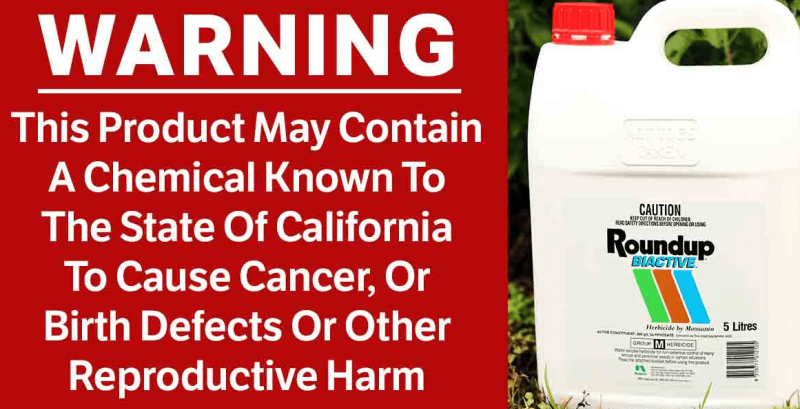Recently, a federal judge sitting in the Eastern District of California (Sacramento), for the first time, refused to require a manufacturer to place a Prop 65 warning on its product based on a finding that the requirement would violate the company’s First Amendment rights. We have been following this developing issue for some time. (See prior posts here, here, and here.)
On June 11, 2018, Judge Walter Shubb held a hearing to consider California Attorney General Xavier Bacerra’s motion to alter or amend the court’s February 2017 order. A motion for reconsideration may be granted if the court: (1) is presented with newly discovered evidence; (2) committed clear error or the initial decision was manifestly unjust; or (3) if there is an intervening change in controlling law.
The Attorney General (AG) claimed that the reconsideration of the order was warranted in light of new evidence and because the court erred in the first instance in determining that a Prop 65 warning was not proper regarding the pesticide chemical Glyphosate. The court rejected the argument that the only new evidence that could not have been presented to the court in February 2017 was the CA State Appellate Court decision that adopted a safe harbor level for Glyphosate and additional information posted on the CA Office of Environmental Health Hazard Assessment (OEHHA) website. Judge Shubb’s June 12th order reasoned that the “new” evidence did not change the court’s conclusion that the original Prop 65 warning for Glyphosate is not purely factual and uncontroversial. Neither the safe harbor level for Glyphosate, information on the OEHHA website regarding the debate as to Glyphosate’s toxic effects, nor the Appellate decision, which did not address the impact of the First Amendment, were relevant to the question of whether the warnings required by Prop 65 and corresponding regulations override Monsanto’s First Amendment rights.
Read full, original article: First Amendment Still Trumps Prop 65































